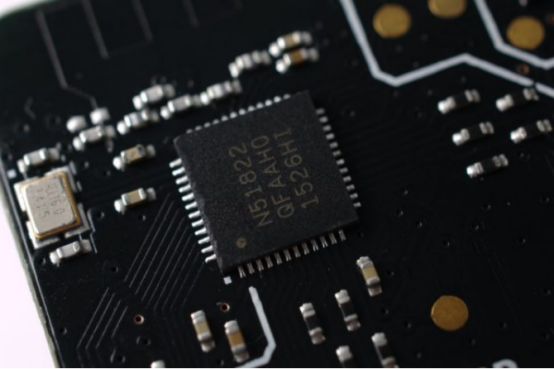Taiwan media: the shortage of automotive MCUs is gradually alleviating ADAS chips will be out of stock and increase prices
Nov 16,2021

"According to industry sources, the shortage of automotive MCUs will be alleviated in 2022, but
A new wave of unbalanced parts supply will appear and may last until 2023. The core chip of ADAS will lead this crisis.
Digitimes reported that the source said that the source said that strong TSMC foundry support and more back-end wire bonding capacity provided by packaging and testing vendors (OSAT) will help reduce the supply gap of automotive MCUs and related peripheral chips. These chips are manufactured using mature process nodes.
However, the source pointed out that due to the shortage of ABF carrier boards required for the FC process, ADAS chips mainly using FC (flip chip) packaging technology are expected to be in short supply in 2022.
""At present, neither OSAT nor international automotive chip IDM can obtain sufficient ABF carrier board supply to support the production of its ADAS chip, because most of the ABF carrier board manufacturers in Taiwan, Japan, South Korea and Austria Board capacity has been booked by major CPU, GPU and other HPC chip suppliers."" The source said.
According to sources, it remains to be seen how the upcoming new wave of imbalances in the supply of automotive chips will affect the production and shipments of automakers, but due to supply shortages, the price of ADAS chips is expected to rise in 2022.
In addition, the source pointed out that Taiwanese IC packaging manufacturers such as ASE, Chaofeng Electronics, Lingsheng Precision, and Huatai Electronics have enhanced the back-end wire bonding capabilities of automotive MCUs and other peripheral chips due to the new wire bonding equipment. Installation, another part of the reason is the slowdown in consumer electronics chip processing demand."
A new wave of unbalanced parts supply will appear and may last until 2023. The core chip of ADAS will lead this crisis.
Digitimes reported that the source said that the source said that strong TSMC foundry support and more back-end wire bonding capacity provided by packaging and testing vendors (OSAT) will help reduce the supply gap of automotive MCUs and related peripheral chips. These chips are manufactured using mature process nodes.
However, the source pointed out that due to the shortage of ABF carrier boards required for the FC process, ADAS chips mainly using FC (flip chip) packaging technology are expected to be in short supply in 2022.
""At present, neither OSAT nor international automotive chip IDM can obtain sufficient ABF carrier board supply to support the production of its ADAS chip, because most of the ABF carrier board manufacturers in Taiwan, Japan, South Korea and Austria Board capacity has been booked by major CPU, GPU and other HPC chip suppliers."" The source said.
According to sources, it remains to be seen how the upcoming new wave of imbalances in the supply of automotive chips will affect the production and shipments of automakers, but due to supply shortages, the price of ADAS chips is expected to rise in 2022.
In addition, the source pointed out that Taiwanese IC packaging manufacturers such as ASE, Chaofeng Electronics, Lingsheng Precision, and Huatai Electronics have enhanced the back-end wire bonding capabilities of automotive MCUs and other peripheral chips due to the new wire bonding equipment. Installation, another part of the reason is the slowdown in consumer electronics chip processing demand."
